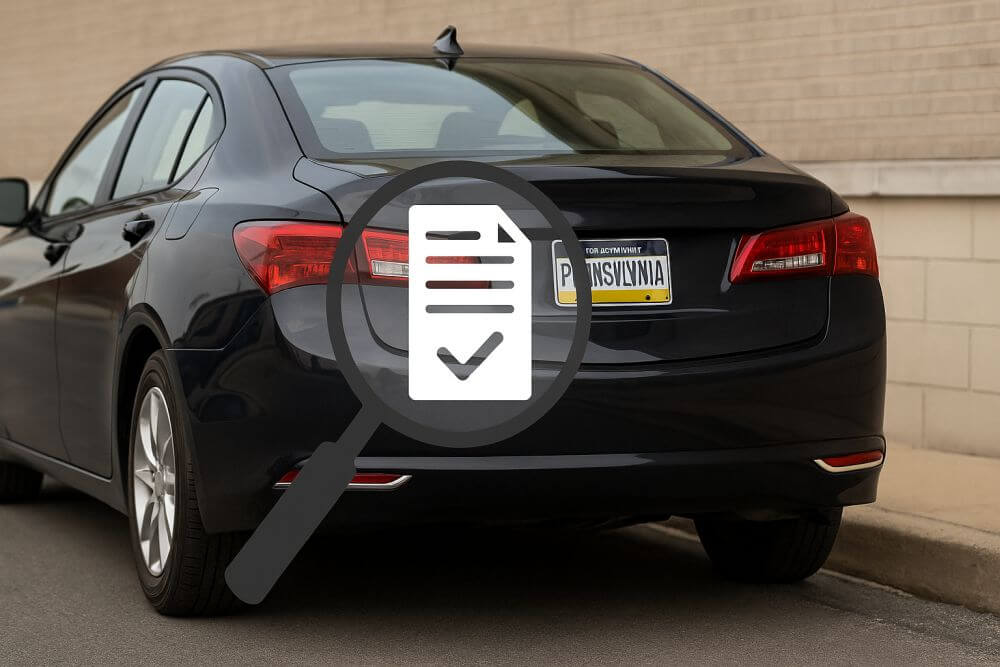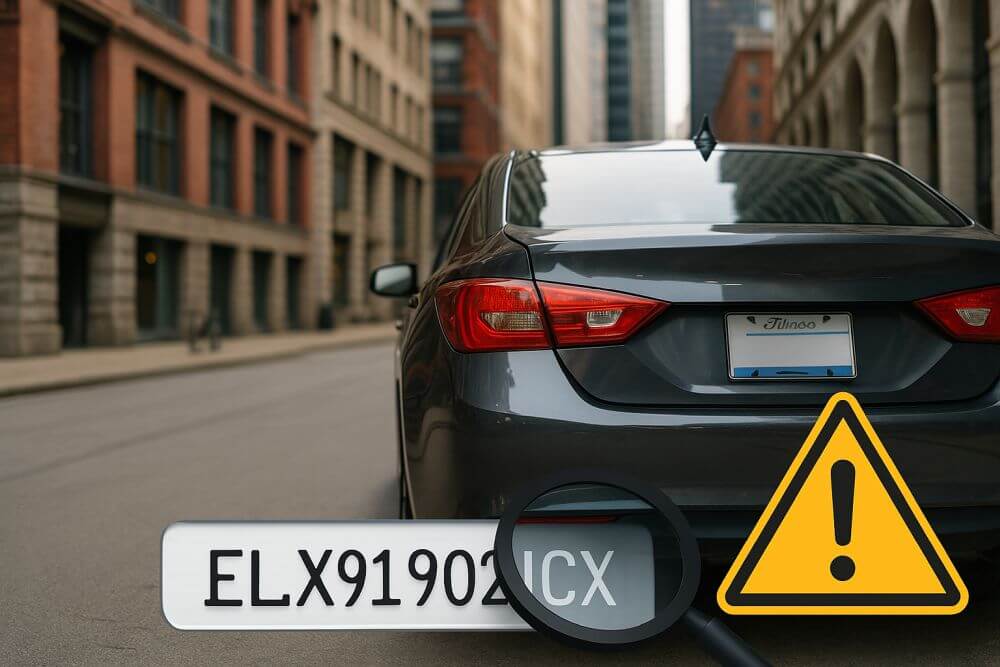Odometer rollback is a common scam used by sellers of used cars to falsely inflate the value of a vehicle. The small effort to roll back that mileage gauge can pay off big – thousands of dollars in some cases. The National Highway Traffic Safety Administration estimates that consumers lose about $4 billion a year in used car purchases because of odometer rollback. Both mechanical and digital odometer rollback are frequent occurrences, with mechanical rollbacks occurring on older vehicles and digital rollbacks found on newer models.
The good news is you don’t have to be a victim of this scam. A few simple tips on how to conduct an odometer check will help used car shoppers rest assured they are getting an honest price on the vehicle they choose. Before you hit a used car lot or phone a private seller, check out these tricks for detecting and avoiding the dreaded odometer rollback:
How to Conduct an Odometer Check
- Carefully inspect the odometer gauge, looking for missing screws or scratches that could indicate tampering
- If the numbers on the odometer do not line up precisely, this could mean they have been moved
- Mechanical odometers on General Motors vehicles have black spaces between numbers, so check to make sure those spaces are not another color that could indicate altering
- Some electronic odometers display an asterisk or other symbol if the mileage numbers have been changed
Know Basic Vehicle Information
- The average vehicle wracks up around 12,000 miles each year, so if a car has significantly less miles for its age, it could be a red flag
- Beware a car with an odometer reading of 20,000 miles or less that does not have the original tires, since tires are designed to travel much longer than that
- Check mileage readings on stickers placed after oil changes and other service, to see if the numbers on the stickers jive with the numbers on the odometer
- Inspect the car for worn floor mats, brake pedal or other signs the car might have more miles than what the odometer suggests
Consider Vehicle Ownership History
- Ask to see the original vehicle title, and inspect the numbers on the title for signs of alteration such as smudging or numbers that are hard to make out
- Pull a free VIN Check report to compare the information with the current odometer reading
- Watch out for cars that have been previously leased, since these are common vehicles for mechanical or digital odometer rollback
Finally, take the vehicle to a trusted mechanic before purchasing, to ensure the wear of the vehicle matches up with the mileage logged. By heeding these simple tips you can avoid odometer rollback and the many headaches that often accompany it.


